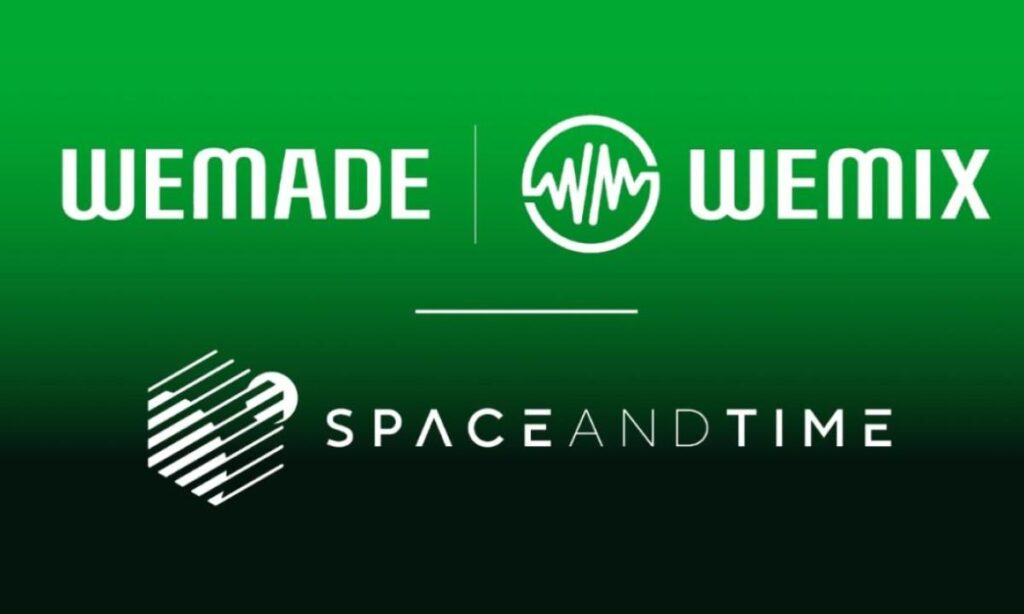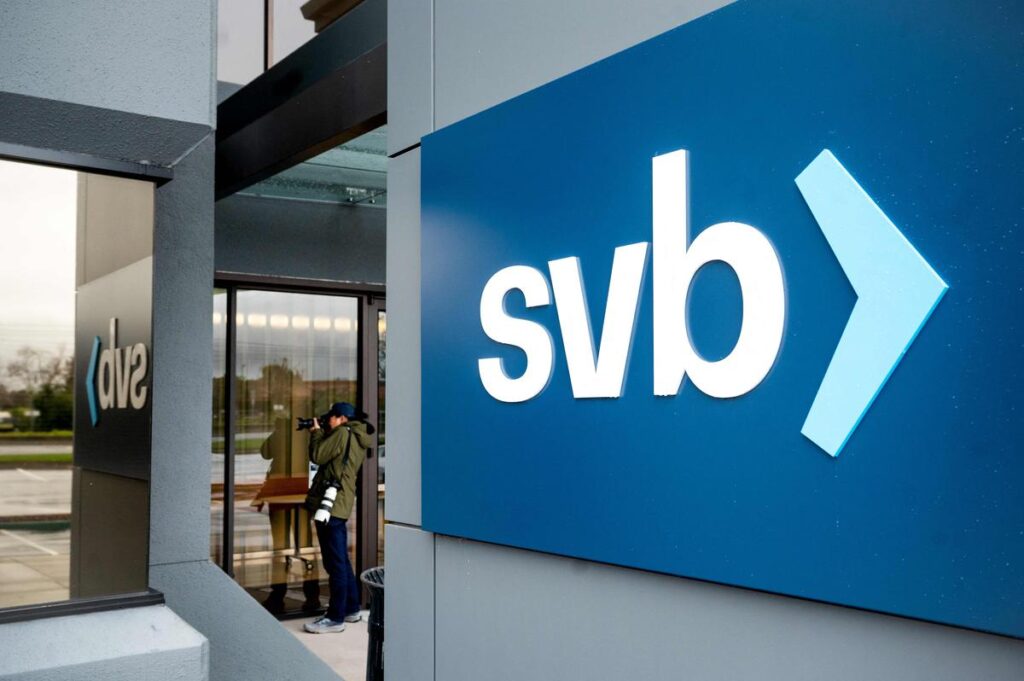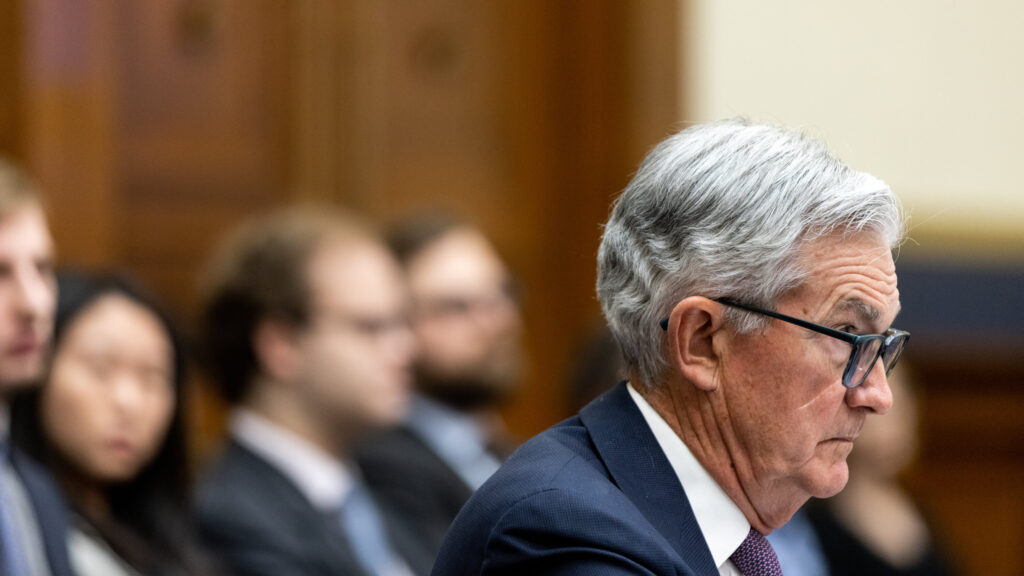The United States Treasury may soon release its risk assessment for decentralised finance (DeFi), Assistant Secretary for Terrorist Financing and Financial Crimes Elizabeth Rosenberg has revealed.
In an event in Sydney, she told the audience: “Illicit actors are constantly looking for effective ways to hide criminal activity and the laundering of their proceeds. This is a threat to DeFi services or other elements of the virtual asset ecosystem.”
She added that her team was “actively” working on the assessment and would soon release the findings.
She added that the regulatory industry treated “regulations and financial crimes compliance as an afterthought,” citing an “astounding” surge in virtual assets.
Speaking further, she cited North Korean cybersecurity attacks, stating,
“Some of the illicit finance risks pertaining to virtual assets are best illustrated in the North Korea context. North Korea-affiliated actors have conducted ransomware attacks, stolen hundreds of millions of dollars’ worth of virtual assets, and laundered their ill-gotten funds through mixers and other virtual asset service providers to fund North Korea’s illegal nuclear and ballistic missiles programs.”
The news comes after cryptocurrency experts criticised the US Securities and Exchange Commission (SEC) at a Futures Industry Association (FIA) event. An executive from Andreessen Horowitz slammed the SEC as ‘rogue’ and added the ‘clock is ticking’ on the development of clear regulations.










